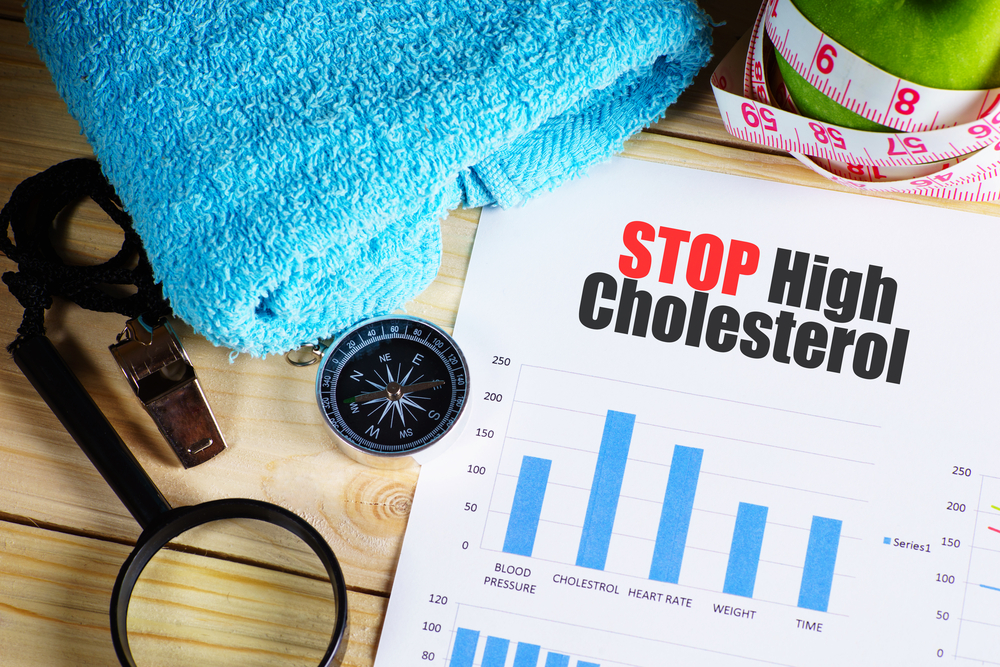Today, the world is suffering from various problems and diseases but cardiovascular problems top the list. Cardiovascular diseases such as heart attack and artery blocks are life threatening and must be prevented at all costs. Cardiovascular diseases have alone claimed 30% of global deaths in the year 2008. It has been stated in an American study that the percentage of deaths caused by cardiovascular diseases are higher in low and middle-income countries. Basically, these diseases include a number of conditions affecting the structures or functions of the heart. Some of them are briefly described in this blog.
Detailing heart attack:
Heart is a vital organ, which beats at a steady pace and in an even rhythm of about 60 to 100 times per minute. But, sometimes the heart gets out of rhythm and works abnormally. This abnormal working of heart is regarded as an arrhythmia, which means change in the rate or rhythm, producing an uneven heartbeat. Sometimes, abnormal working of the heart leads to heart attack or myocardial infarction (MI).
Mostly people misinterpret anxiety attack as a heart attack. Obviously, the symptoms of these attacks are more or less the same, but there is a difference.
Anxiety attack (definition) To differentiate between anxiety and heart attacks, the best way is to simply visit the doctor and have your heart tested. If the tests and X-rays show that your heart is in good health, then it is unfair to say that you are at the risk of getting a heart attack. The good news is that there are plenty of tests to rule out any serious heart problems.
Basically, heart attack occurs when the supply of oxygen to the heart muscle is severely reduced or cut off completely. This happens when coronary arteries that supply the heart muscle with blood flow slowly become narrow due to fat, cholesterol and other substances, called as plaque. People who face heart attacks are at high risk of getting heart failure. An estimated 6 million Americans are affected by heart failure and around 670,000 individuals are diagnosed with heart failure every year. Heart failure is also known as the congestive heart failure because the pumping power of the heart becomes weaker than normal, leading to fluid builds up in the arms, legs, ankles, lungs, or other organs.
Causes of heart attack:
Every disease and problem has a definite cause. As in the case of heart attack and stroke, the causes are more or less similar, yet diverse. Family history, obesity, high blood pressure, smoking, lack of physical activity, angina and high cholesterol levels are some of the factors that leads to heart attack and strokes.
Symptoms of heart attack:
The symptoms of a heart attack vary from person to person. But, the symptoms of heart attack and stroke do not vary, they are more or less the same. Stroke is a similar condition, where the brain is more severely attacked.
Some symptoms of heart attack are listed below:
- People with high blood sugar (diabetes) may produce no symptoms
- Chest pain is the most common symptom among both men and women
- Shortness of breath, nausea and vomiting
- Anxiety
- Indigestion or choking feeling (heartburn)
- Unusual tiredness
- Pain in the back, shoulders, and jaw
- Rapid or irregular heartbeats
What you or someone should do when experiencing a heart attack?
 There may be only few minutes to act, if someone has a heart attack. It is very essential to know what first aid treatment is followed for a person with a heart attack:
There may be only few minutes to act, if someone has a heart attack. It is very essential to know what first aid treatment is followed for a person with a heart attack:
- The initial step is to call a local emergency number immediately such as 911.
- Tell the 911 dispatcher or other medical specialist about the situation.
- They will advise you on cardiopulmonary resuscitation (CPR) and if you haven’t received the training of CPR, then they will recommend you to perform mouth-to-mouth respiration.
- They will also recommend you to perform chest compressions (about 100 per minute) until medical services knock the door.
- If you are not able to access to emergency medical services, then your neighbour or a friend should drive you to the nearest hospital or clinic.
- Driving self during attack is the last option.
- At the time of getting heart attack, chew and swallow an aspirin.
- Take the normal dosage of nitro-glycerine, if prescribed.
Avoiding Heart Attack:
Below are some steps to avoid the risk of getting heart attack and to help you recover if you have already experienced heart attack:
- Kick the habit- Various researches have stated that consumption of tobacco in any form is very dangerous for health. Smoking tobacco causes circulatory problems as it leads to cholesterol deposition and damages the inner lining of the blood vessels. It is also very dangerous for women, who are on oral contraceptive pills as smoking increase blood clotting problems and causes blockages. So, avoid the risk of heart attack by stopping smoking.
 Exercise: Regular physical activity or exercise helps in decreasing the heart ailments by 20%. It has been said by a famous researcher that, if you do not have time for jogging, cycling, playing, swimming or other activities, then just a simple brisk walk of 5 kilometres a day is enough to keep you healthy.
Exercise: Regular physical activity or exercise helps in decreasing the heart ailments by 20%. It has been said by a famous researcher that, if you do not have time for jogging, cycling, playing, swimming or other activities, then just a simple brisk walk of 5 kilometres a day is enough to keep you healthy.- Eat well- Start consuming low cholesterol and low fat foods. Eliminate transfat and saturated fat foods from your diet because these are the most dangerous type of fat and have a host of negative side effects. Try to decrease the amount of foods that contain these types of fats like red meat, dairy products, fried foods, and packaged foods. Lowering down these fats in your diet prevents you from obesity, heart disease and strokes. Therefore, a good and proper diet should include a mix of vegetables and fruits together because these contain vitamins, minerals, fibres and anti-oxidants.
- Moderate your alcohol consumption- Alcohol is a host of multiples of diseases and problems. It has a devastating effect on heart and raises the risk of high blood pressure, heart attack, and strokes.
- Schedule health screenings- Regular blood pressure check-up should be necessary because it alerts a heart patient. If blood pressure screenings detect that blood pressure numbers are not in the normal range, then frequent screenings may be necessary. Moreover, cholesterol levels should also be checked every five years after the age of 20.
- Sleep well- Proper sleep is the cure for many diseases as sleeping well reduces mental stress and stabilises one’s heart rate. For proper sleep, you should limit your caffeine consumption level and cut out the caffeine intake after 2 pm. Additionally, try to go to sleep every night at the same time to regulate your sleep-wake cycle.
- Manage stress- Identify the situations that cause stress and then try to eliminate them from your life. You can lower down your stress by indulging in yoga, meditation, and deep breathing techniques.
- Monitor your diabetes- If you are diabetic, then it is a must to keep your diabetes level under control. It is a known fact that diabetes exposes you to heart diseases and other ailments. Regular testing and keeping it under control is a must. Further, the blood sugar level during fasting should be 70-110 mg/dl.
Heart diseases are certainly a cause to worry. Read this blog to gain a broader health perspective, and share it with friends or family members as well. Also, you can post health-related queries in the comment boxes.
Also read: Heart Attack- Know the risk
Get useful health tips and remedies regularly, on your Facebook feed.



